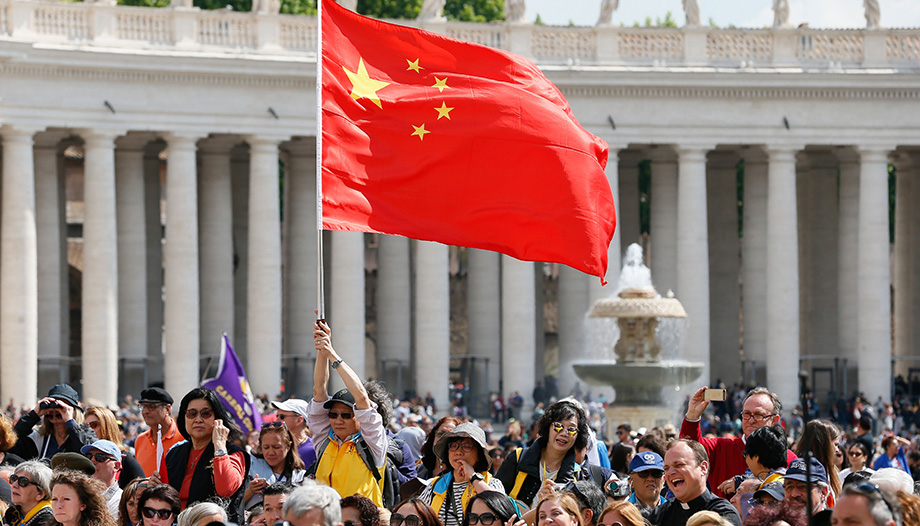It is still unclear why this transfer was carried out unilaterally, given that it could have been done in a consensual manner. The fact is that the Holy Father's decision was accompanied by an interview to the Vatican media by the Secretary of State, Card. Pietro Parolin, explaining that the April gesture was a violation of the "spirit of dialogue" on which the Interim Agreement on the Appointment of Bishops, signed by the Holy See and Beijing in 2018 and renewed for a second time in October 2022, is based.
And it is specified that with the appointment of Shen Bin as bishop of Shanghai, "Francis decided to heal the canonical irregularity, in view of the greater good of the diocese and the fruitful exercise of the pastoral ministry of the bishop", who will thus be able to "work with greater serenity to promote evangelization and foster ecclesial communion".
Parolin added that the Vatican is now asking Shen Bin to act together with the Chinese authorities to "facilitate a just and wise solution to some other long-pending issues in the diocese, such as - for example - the position of the two auxiliary bishops, Monsignor Taddeeo Ma Daqin, who remains impeded, and Monsignor Joseph Xing Wenzhi, who has retired."
Monsignor Taddeeo Ma Daquin is the auxiliary bishop of Shanghai confined de facto in the seminary of Sheshan since 2012 after publicly refusing to be part of the Patriotic Association, the body through which the Chinese Communist Party controls the "official" priests and bishops. Monsignor Joseph Xing Wenzhi, meanwhile, is another auxiliary bishop of Shanghai, also appointed with the agreement of the Holy See, and disappeared the previous year for reasons that were never made clear.
Since September 8, 2021, no consensual appointment has taken place, despite the fact that a third of Chinese dioceses are without a bishop. The Vatican Secretary of State recalls that the Agreement "revolves around the fundamental principle of consensuality in decisions regarding bishops," a point that the Holy See is "trying to clarify, in open dialogue and respectful confrontation with the Chinese side."
"It is indispensable," he said, "that all episcopal appointments in China, including transfers, be made in a consensual manner, as agreed, and keeping alive the spirit of dialogue between the parties. Together we must avoid discordant situations that create disagreements and misunderstandings even within Catholic communities, and the proper implementation of the Agreement is one of the means to achieve this, together with sincere dialogue".
Three topics were mentioned by Parolin on the relations of the Church in China: "the Episcopal Conference, the communication of the Chinese bishops with the Pope, evangelization".
The Vatican Secretary of State asked the Chinese authorities to "overcome their mistrust of Catholicism, which is not a religion that should be considered alien - much less contrary - to Chinese culture". Knowing that "the dialogue between the Vatican and the Chinese side is still open and I believe that it is a path in a certain way obligatory". To this contributes "the opening - expressly requested - of a stable liaison office of the Holy See in China, not only for dialogue with the civil authorities, but also for full reconciliation within the Chinese Church and its path towards a desirable normality".









